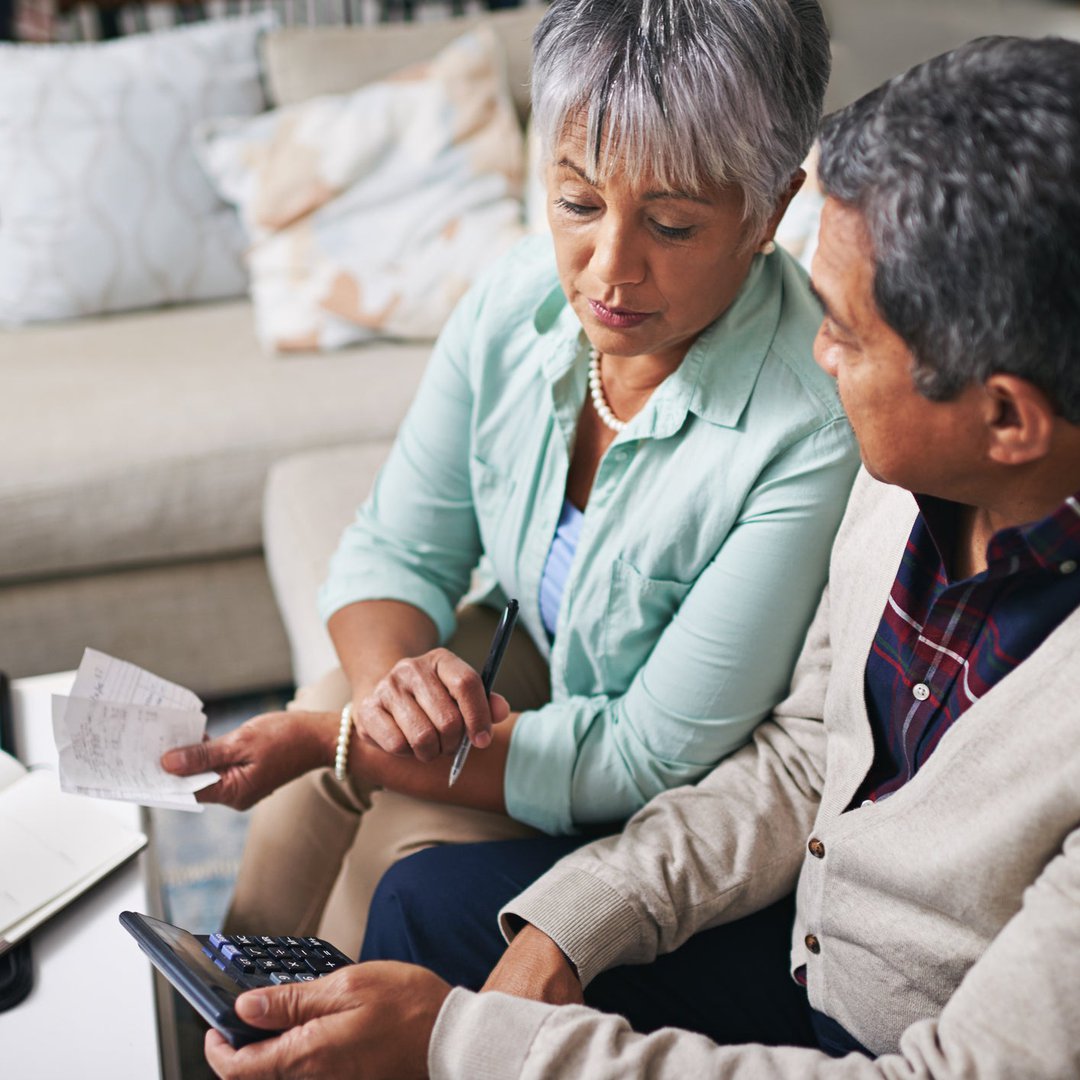
If you are purchasing a new house or refinancing an existing mortgage, you are going to get hit with some fees when you complete your transaction. These fees are called closing costs, and you pay them when you settle up with the home seller and ownership transfers or when you finalize your refinance loan. Even the best mortgage lenders charge you closing costs.
Closing costs can be more expensive than you think, and you don't want to be caught by surprise and left scrambling to come up with the cash you need. To make sure that doesn't happen, here's how to decide how much money you should save for your upfront expenses during the home purchase or refinancing process.
One email a day could help you save thousands
Tips and tricks from the experts delivered straight to your inbox that could help you save thousands of dollars. Sign up now for free access to our Personal Finance Boot Camp.
By submitting your email address, you consent to us sending you money tips along with products and services that we think might interest you. You can unsubscribe at any time. Please read our Privacy Statement and Terms & Conditions.
Budget this amount for closing costs
When you are purchasing a home or refinancing a mortgage, you should budget around 2% to 5% of the home's value or the amount of money you’re borrowing. For example, if you are taking out a mortgage for $400,000, then you can expect to pay between $8,000 and $20,000.
This may be more money than you expect to pay, but it's a reasonable amount to anticipate -- especially given that The Ascent's 2020 study on closing costs found average closing costs in the United States total around $5,749.
It's also a pretty wide range, but that's because taxes and other fees can vary by state, as well as by lender. In Pennsylvania, for example, residents generally face the highest average closing costs totaling around 4.99% of the price of the home, according to The Ascent's research. In other states, such as Colorado, Wyoming, Montana, and Indiana, closing costs are much lower -- less than 1% of the sale price of the home, on average.
How to know how much your closing costs are?
While knowing the range of closing costs can be helpful when you get started saving for a home, the closer you get to making your purchase or closing on your refinance loan, the more exact you need to be in estimating how much to save.
Lenders need to disclose the specific amount of closing costs they will charge when you apply for a loan to buy a new home or to refinance your existing mortgage. These lender disclosures will detail both closing fees that you are allowed to shop around for -- such as attorney fees for the closing and survey fees -- and those you can't, such as appraisal fees and tax research fees.
You'll want to compare these different fees from different loan providers when you decide which one is the best to borrow from. Once you have decided to move forward with any particular lender, you'll need to start saving the exact amount of closing costs that you'll have to pay to complete your transaction.
You must come up with this money on closing day, and you don't want to have to scramble to find thousands of dollars at the last minute. Plan ahead and be prepared to have the cash you need to complete the transaction.
"much" - Google News
November 14, 2021 at 08:32PM
https://ift.tt/3cr7rw1
How Much Should You Budget for Closing Costs? - Motley Fool
"much" - Google News
https://ift.tt/37eLLij
Shoes Man Tutorial
Pos News Update
Meme Update
Korean Entertainment News
Japan News Update
Bagikan Berita Ini














0 Response to "How Much Should You Budget for Closing Costs? - Motley Fool"
Post a Comment